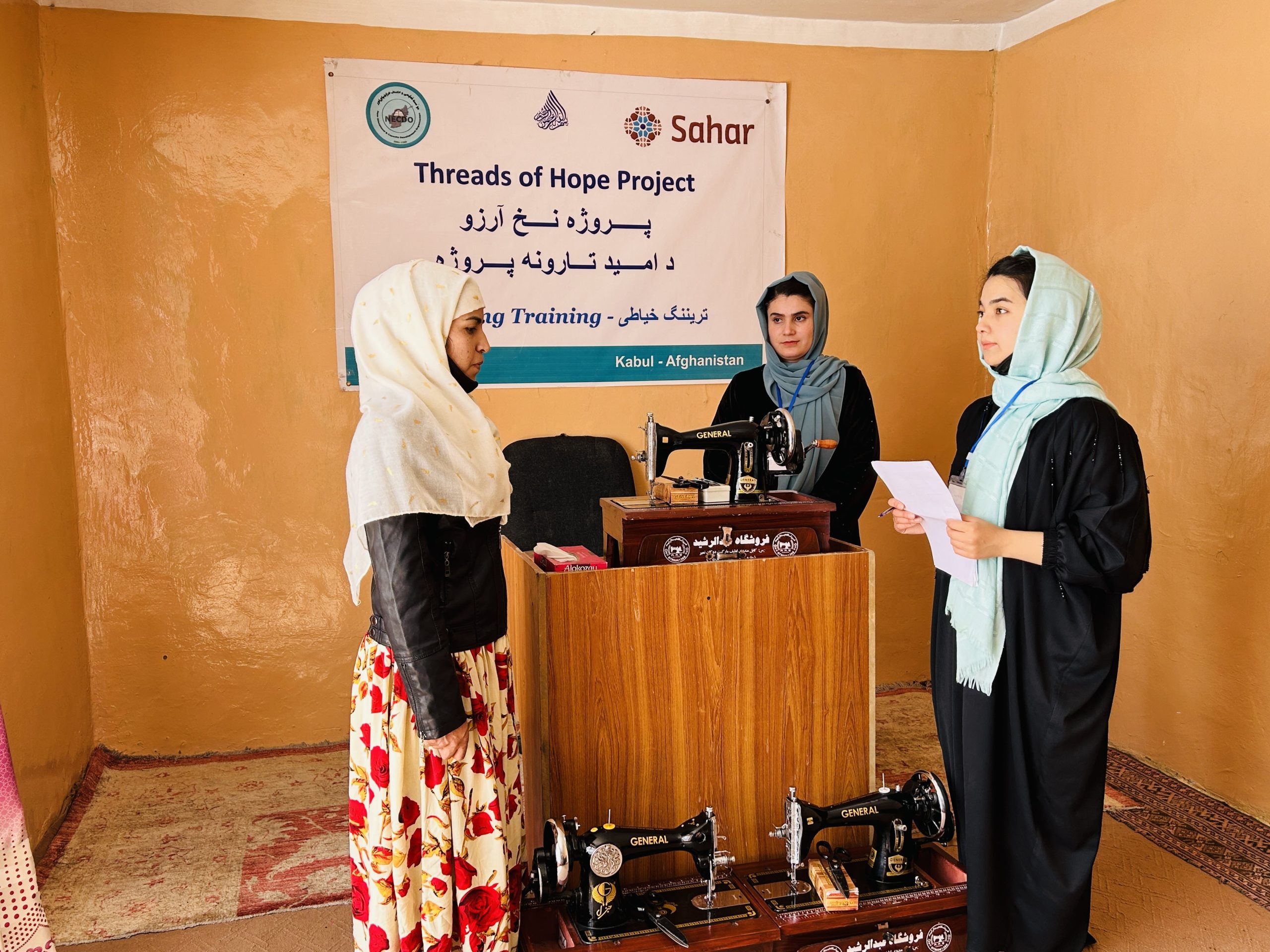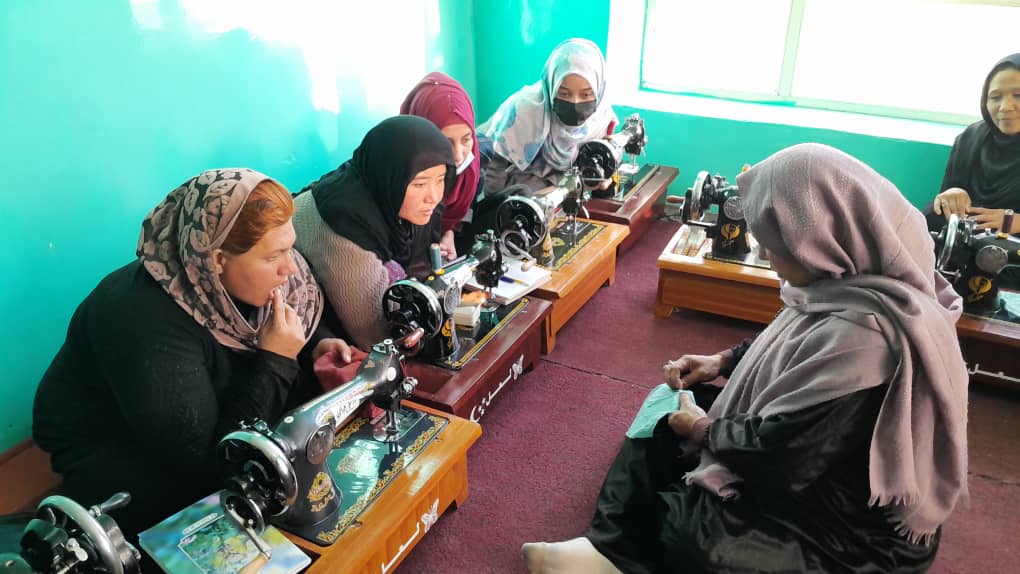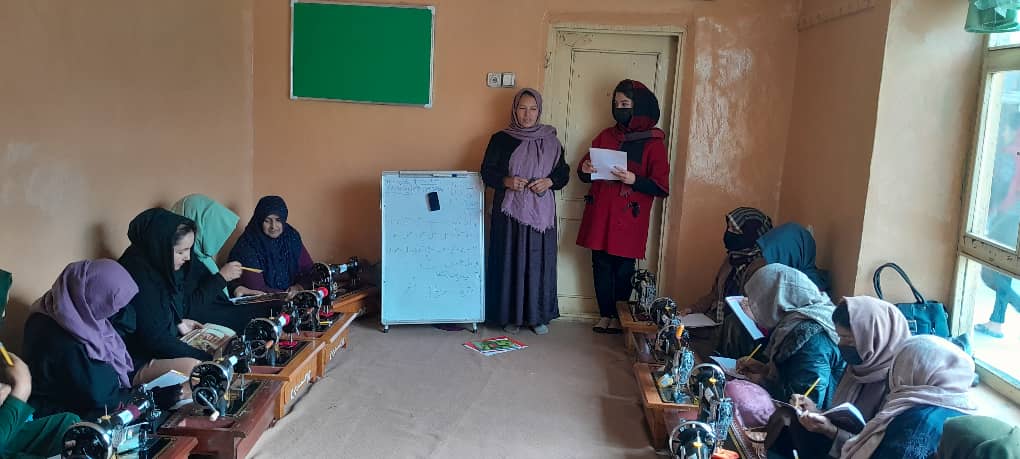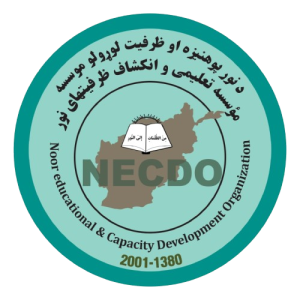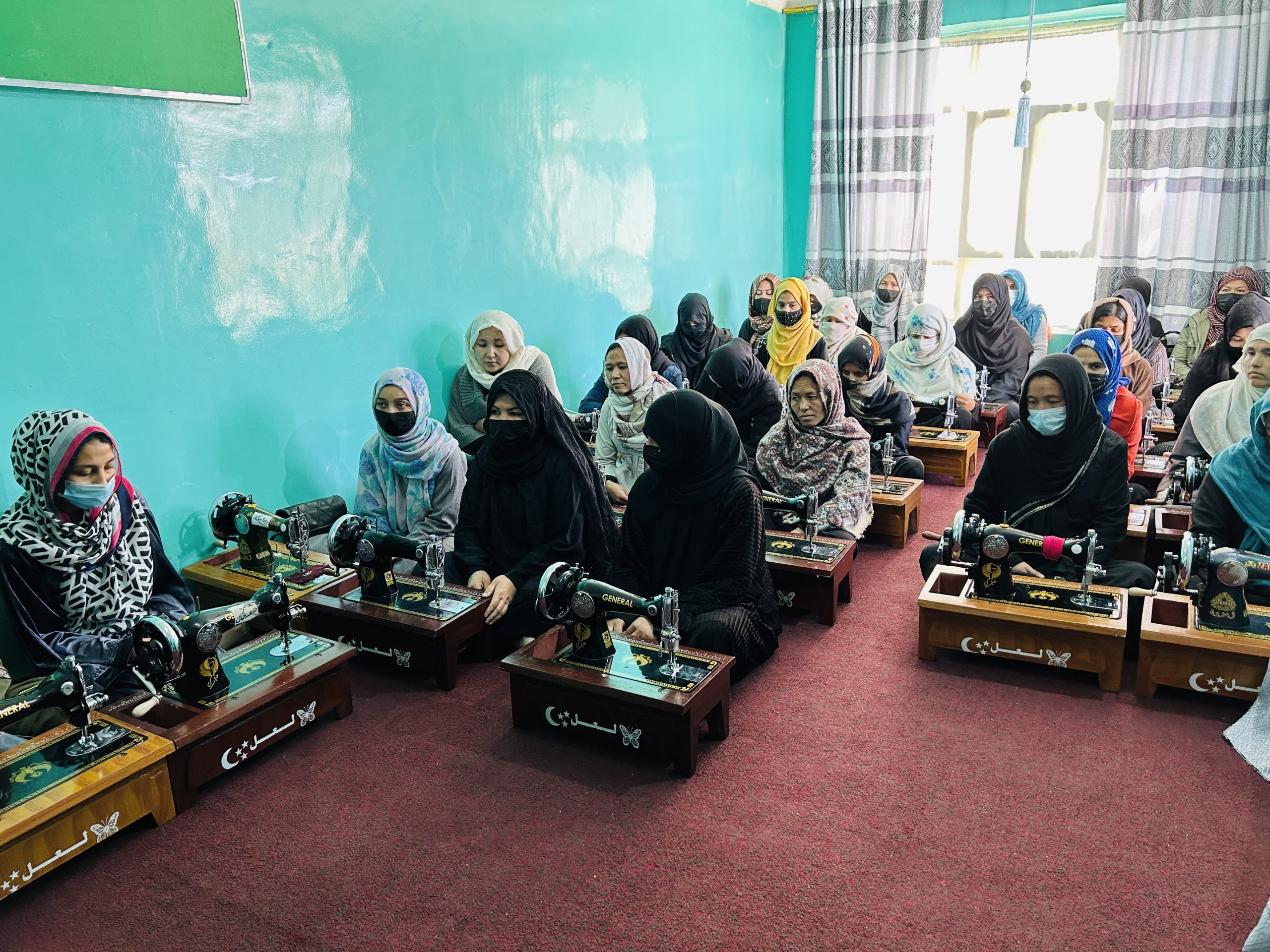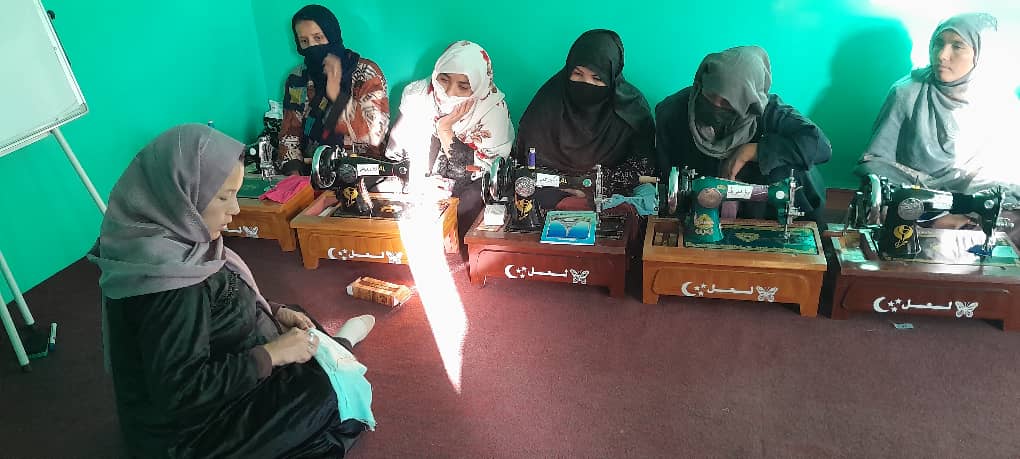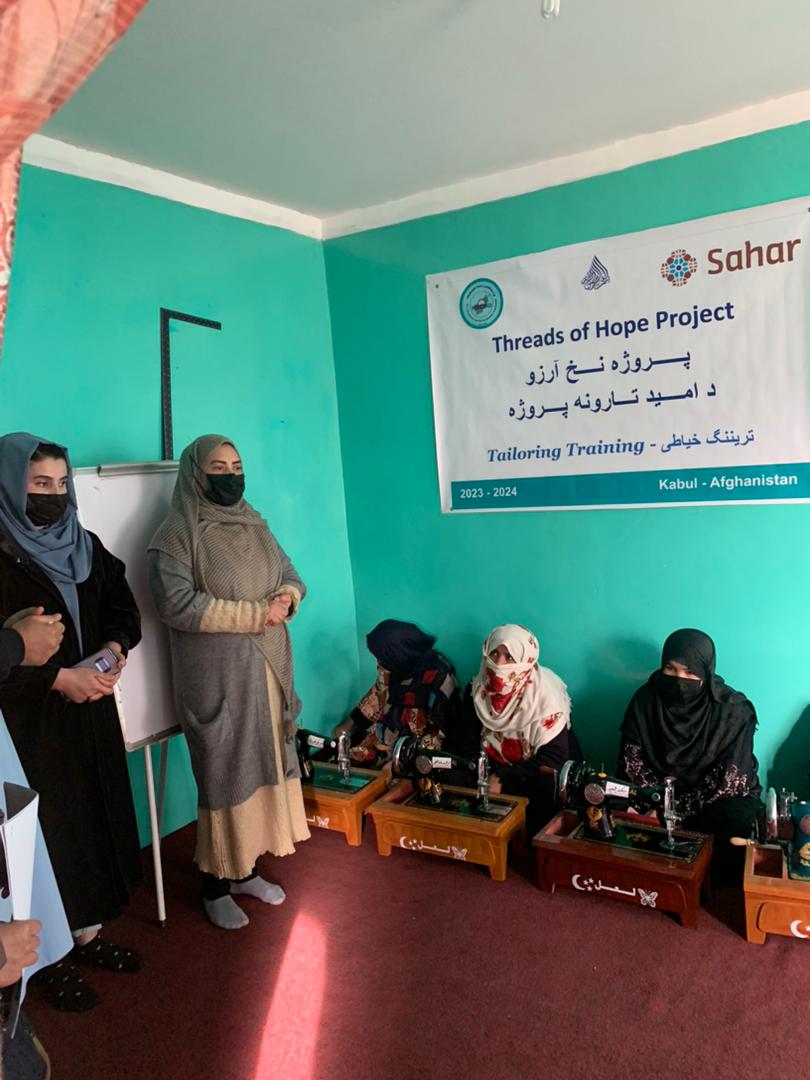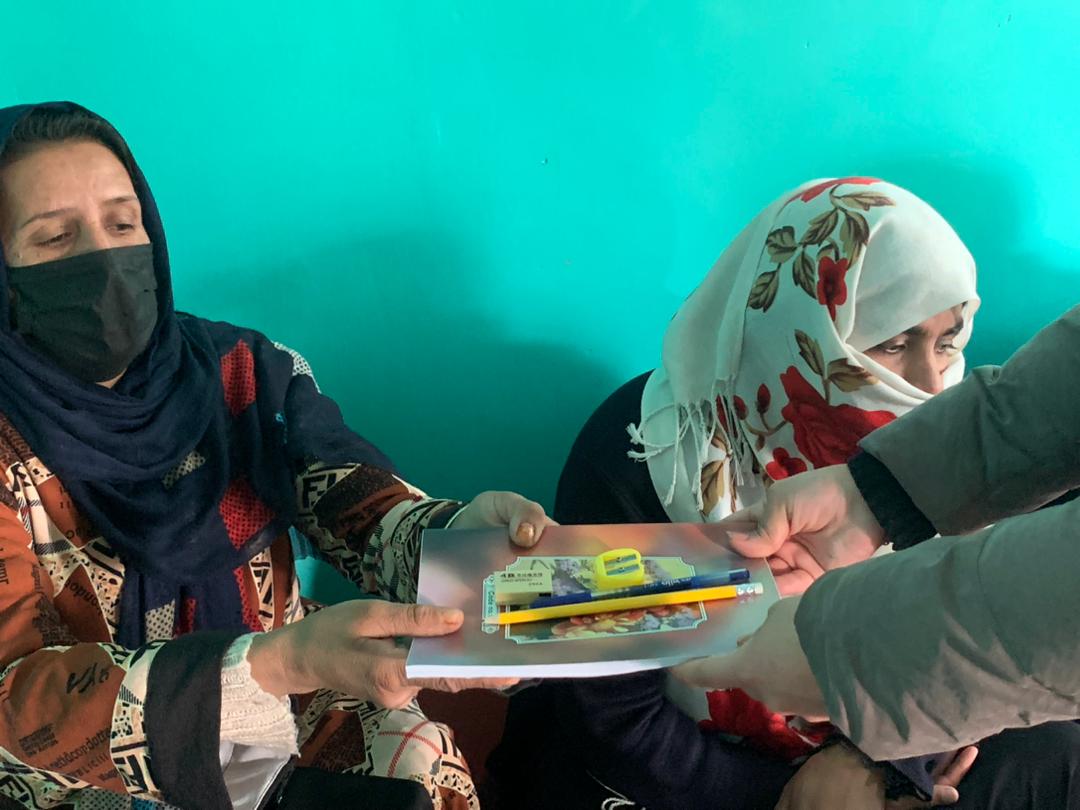Threads of Hope (ToH) Project 2024
The Threads of Hope (ToH) Project is initiated by the Noor Educational & Capacity Development Organization (NECDO) with technical support from SAHAR EDUCATION. This project aims to empower 100 economically disadvantaged and illiterate women from various provinces by providing comprehensive training in literacy and tailoring, along with health education and awareness of women’s rights.
The project’s duration is ten months, spanning from October 2024 to July 2025. It is meticulously planned and executed to address the multifaceted needs of the beneficiaries, who are selected based on strict vulnerability criteria. The overarching goal is to enable these women to become self-sufficient, economically independent, and more informed about their rights and health.
Implementation
Through rigorous planning and implementation, the project provides a structured curriculum covering basic literacy, vocational skills in tailoring, health education, and women’s empowerment. Each participant learns how to read, write, and perform basic arithmetic while acquiring practical tailoring skills that can be used to start small businesses. Health education sessions focus on personal, mental, and reproductive health, while women’s rights workshops aim to boost their confidence, advocacy skills, and awareness of women’s rights.
Objectives
The Threads of Hope project is designed with several key objectives aligned with the broader goals of empowering women, improving their economic prospects, and enhancing their overall well-being. These objectives are interrelated and mutually reinforcing. Literacy skills facilitate the acquisition of vocational skills, health education supports the participants’ overall well-being and awareness, and knowledge of women’s rights enhances their confidence and ability to advocate for themselves. This holistic approach aims to create a sustainable impact on the beneficiaries’ lives.
1. To Provide Literacy Education: One of the main goals is to equip 100 economically disadvantaged and illiterate women with basic literacy skills. This includes teaching them how to read, write, and perform basic arithmetic. Literacy is a foundational skill that opens up numerous opportunities for personal and professional growth, enabling the beneficiaries to access further training and solve their basic literacy-related issues independently.
2. To Equip Women with Tailoring Skills: The project aims to provide vocational training in tailoring, enabling the women to acquire practical skills to generate income. This training covers various aspects of garment creation, including cutting, sewing, and finishing techniques. By the end of the program, the participants are expected to create garments independently and potentially start their own tailoring businesses.
3. To Enhance Health Awareness: Health education is an integral part of the project. The objective is to improve the beneficiaries’ knowledge of personal, mental, and reproductive health. This includes training on hygiene practices, mental health awareness, and reproductive health education. The goal is to empower the women to make informed decisions about their health and well-being, thereby improving their quality of life.
4. To Educate Women about Their Rights: Women’s rights education is another critical component of the project. The objective is to raise awareness about legal rights, gender equality, and women’s empowerment. Through workshops and interactive sessions, the participants are educated on their rights and encouraged to advocate for themselves. This aspect of the training aims to boost their confidence and equip them with the knowledge to challenge societal norms and combat violence and discrimination.
5. To Foster Economic Independence: Ultimately, the project aims to enable the beneficiaries to achieve economic independence. By providing them with both literacy and vocational skills, the project seeks to create opportunities for the women to start their own businesses or secure employment. Economic independence is a key factor in reducing vulnerability and enhancing the overall empowerment of women.
